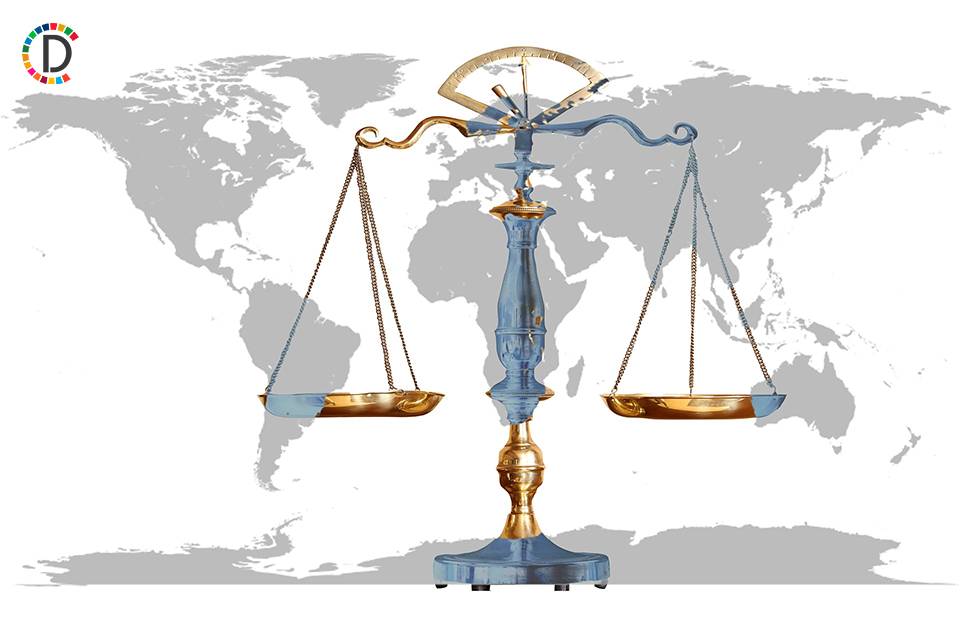Pakistan's Cybercrime Law Sparks Outcry: A Blow to Freedom or Necessary Reform?
Pakistan's controversial Prevention of Electronic Crimes (Amendment) Bill 2025 becomes law despite media protests. President Zardari signs the bill to combat 'fake news', facing backlash from journalists and rights groups claiming it's an attack on free speech. Opposition and journalists plan legal actions and protests.

- Country:
- Pakistan
Pakistan's contentious cybercrime law has taken effect, with President Asif Ali Zardari endorsing it despite media protests. The Prevention of Electronic Crimes (Amendment) Bill 2025 aims to curb online 'fake news', met with opposition from media groups citing free speech infringements.
The Senate passed the bill on Tuesday, following its prior approval by the National Assembly. Initially enacted in 2016 as the Prevention of Electronic Crimes Act (Peca), the amendments face resistance from journalists and the Pakistan Tehreek-i-Insaf (PTI), who denounce it as a curb on expression.
Despite calls to reconsider, Zardari gave his assent, adding Section 26(A) to criminalize dissemination of false information. Human rights groups and activists express concern over potential misuse to stifle dissent, amidst government arguments for limiting disinformation.
(With inputs from agencies.)










